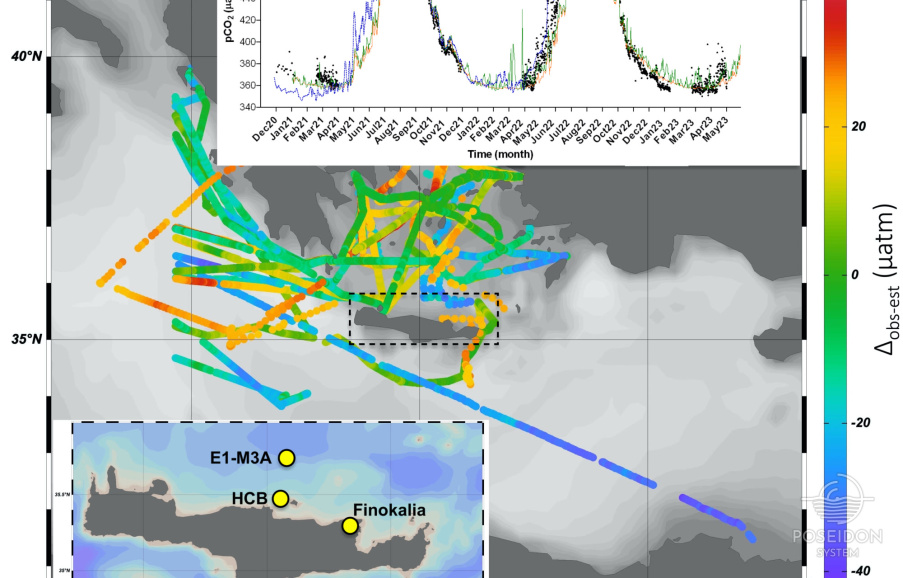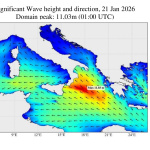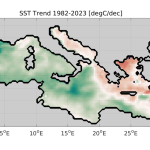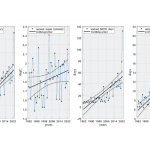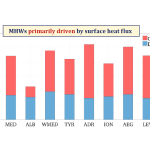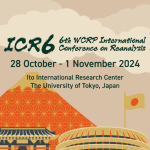The first marine CO2 time-series in the Eastern Mediterranean
The rate of oceanic uptake of anthropogenic CO2 has declined over the past decade, so a critical question for science and policy is whether the ocean will continue to act as a sink, mitigating the global climate crisis. In recent years, in situ oceanic carbonate system observations have decreased, and large areas of the ocean remain without observations of CO2, pH, dissolved inorganic carbon and alkalinity. The Mediterranean Sea is one such an area, especially its eastern part, where there is a paucity of marine CO2 and pH data. A recent publication in a special issue of the journal Frontiers in Marine Science (by Frangoulis et al. 2024) provides the first marine CO2 time-series obtained in the Eastern Mediterranean and increases pH data coverage and availability contributing to ocean acidification studies. This multi-year time-series study of high-frequency marine CO2 and pH measurements was conducted using a sensor-equipped fixed observatory (buoy) of the POSEIDON system (Institute of Oceanography, HCMR) located near Crete Island, alongside with low-frequency measurements of dissolved inorganic carbon and alkalinity. The study was carried out by HCMR in collaboration with other research institutions from Greece, Belgium, Finland, France and Norway. The study showed that temperature was the dominant factor controlling the variability of CO2 and pH, while evaporation, water mixing and biological processes appeared to have less influence on the variability. On the other hand, wind was the dominant factor controlling the magnitude of air-sea CO2 exchange. On an annual basis, the air-sea CO2 exchange was too low and variable to conclusively characterize the area as a net source or sink of CO2, highlighting the need for additional high frequency observation sites. The authors of this study also developed algorithms to estimate marine CO2 and alkalinity using satellite data of temperature, chlorophyll and salinity to provide tools for estimation in poorly observed areas or time periods. These tools and the guidance provided for future observing activities using a cost-benefit approach are of particular value for countries with less available funds, such as those in the Eastern Mediterranean and the North African countries. The study contributes to international CO2 and pH oceanographic databases as well as to the implementation of the UNESCO Sustainable Development Goals for “Climate Action” and “Life Below Water”. The clear need to sustain time-series in this area of scarce CO2 data affected by rapid warming is underlined by the authors. Unfortunately, due to recent funding cuts in the POSEIDON system, the CO2 observations have been suspended since March 2023 and this marine CO2 observation station has not joined the Integrated Carbon Observation System (ICOS) of Europe, although Greece became its member in 2022.



